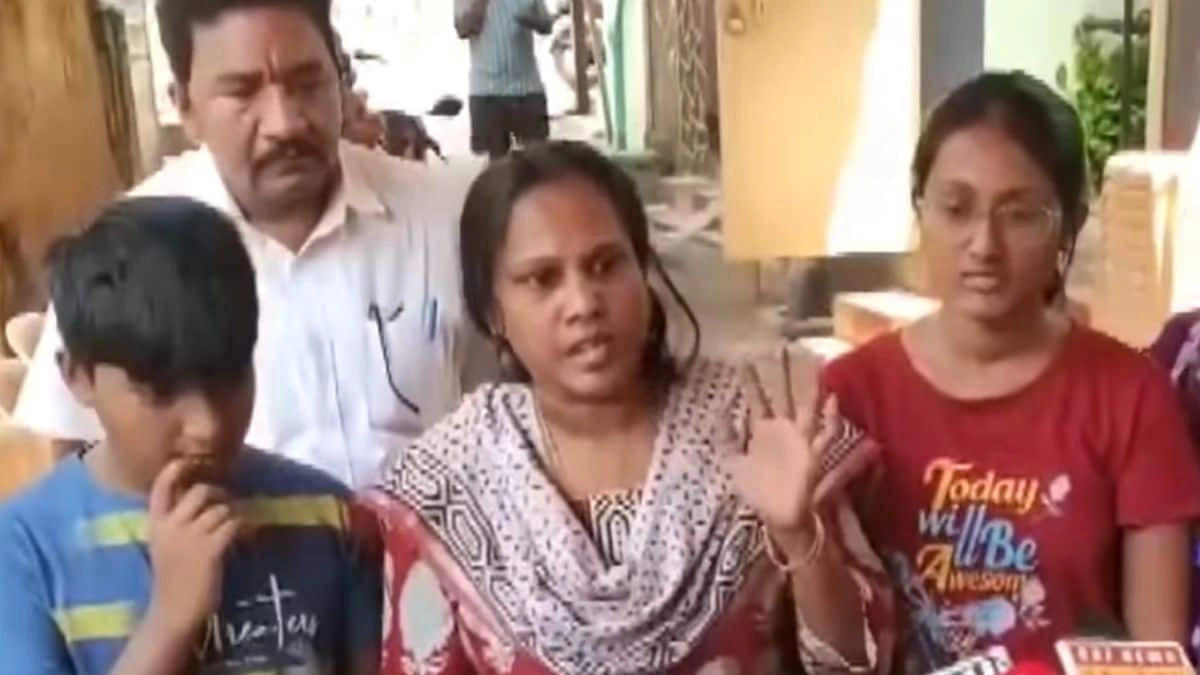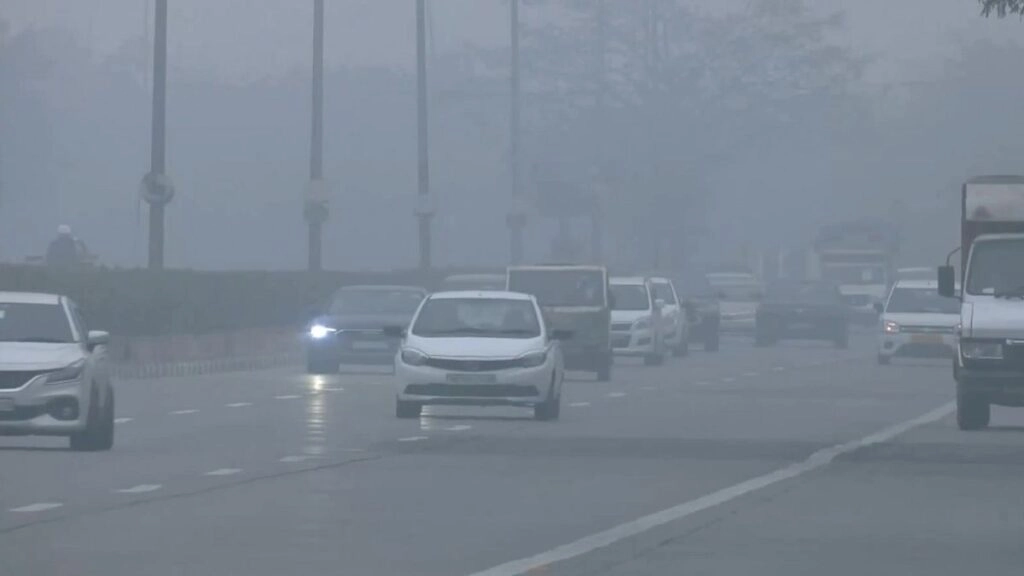The recent Operation Sindoor in Jammu and Kashmir has cast a somber shadow over the lives of many, particularly the family of a victim whose heartbreaking story has resonated with many. The wife of a man who was tragically killed during the operation expressed her profound grief and sorrow, stating, “I didn’t lose my husband; I lost my life.” This poignant statement encapsulates the emotional turmoil and devastation that families endure during times of conflict, highlighting the personal toll that violence and military operations can take on innocent lives.
In the wake of her husband’s death, she has been left to grapple not only with the loss of her partner but also with the broader implications of living in a region fraught with tension and violence. Her words reflect the profound sense of emptiness and despair that accompanies such a loss, as she navigates the challenges of single parenthood and the emotional scars that will linger long after the headlines fade. The impact of such tragedies extends far beyond the immediate loss; it reverberates through families and communities, reshaping lives in ways that are often unseen and unacknowledged.
As she mourns, her story serves as a stark reminder of the human cost of conflict, urging society to reflect on the consequences of violence. The emotional and psychological ramifications of losing a loved one in such a brutal manner can be devastating, leading to feelings of isolation and hopelessness. This tragedy not only highlights the fragility of life in conflict zones but also calls for a deeper understanding of the support systems needed to help those left behind.
In conclusion, the words of the victim’s wife resonate as a powerful testament to the enduring pain of loss in a world shadowed by violence. While operations like Sindoor may be conducted with strategic intentions, the human stories behind them reveal a deeper narrative of suffering and resilience. As communities continue to face the harsh realities of conflict, it is imperative that we acknowledge and address the human experiences that often go unheard, ensuring that the voices of those affected are lifted and their stories told.




